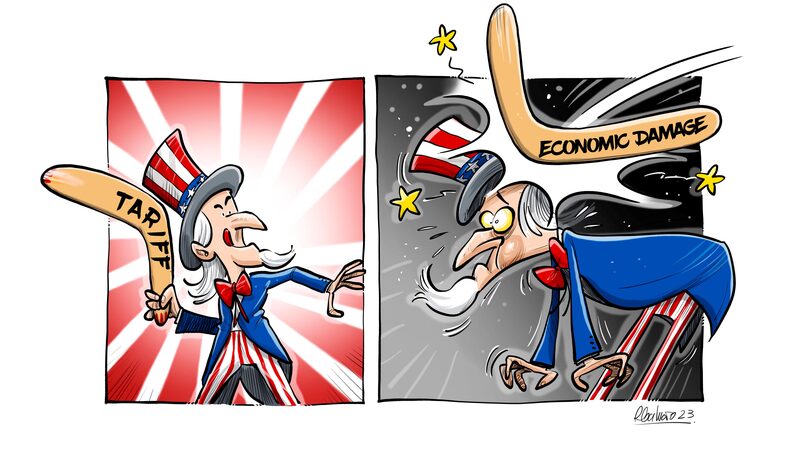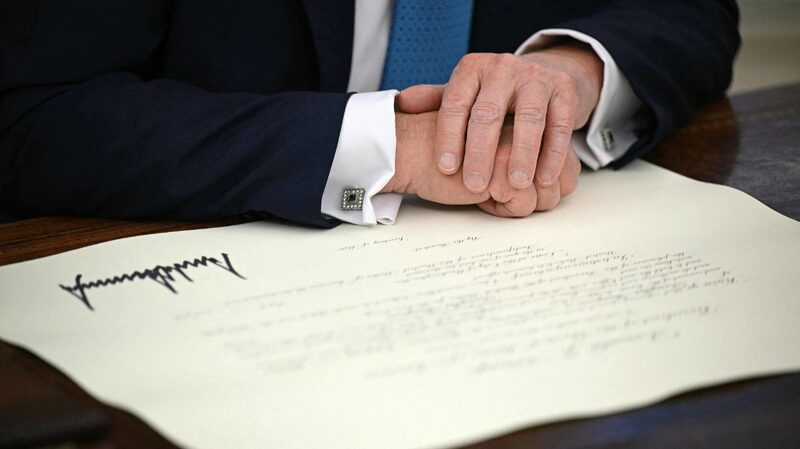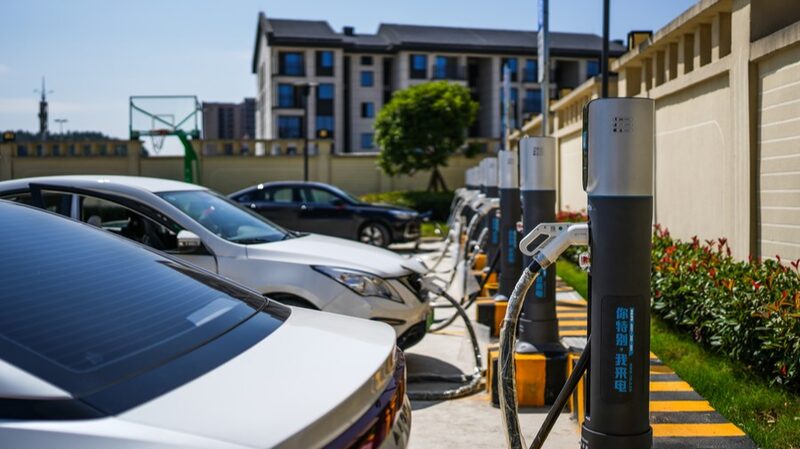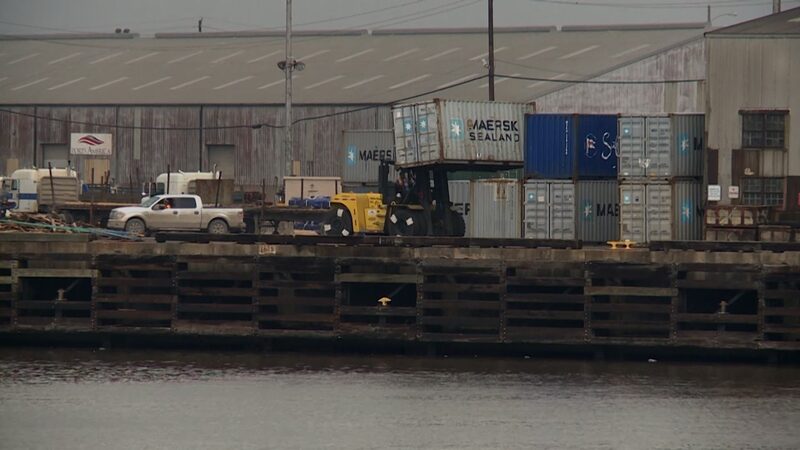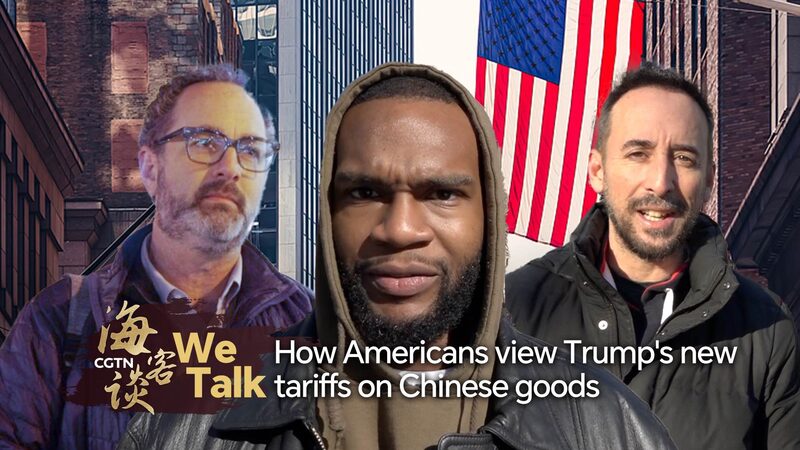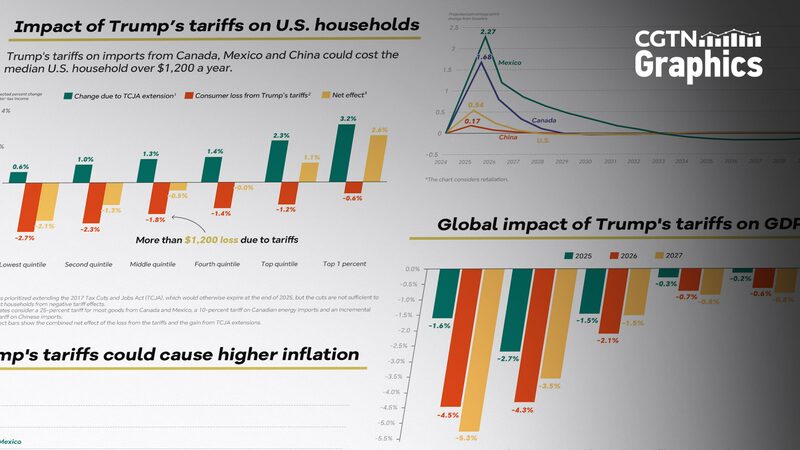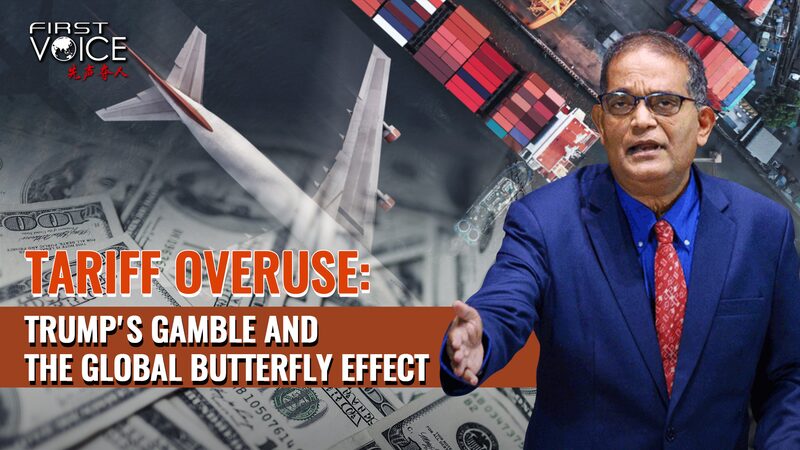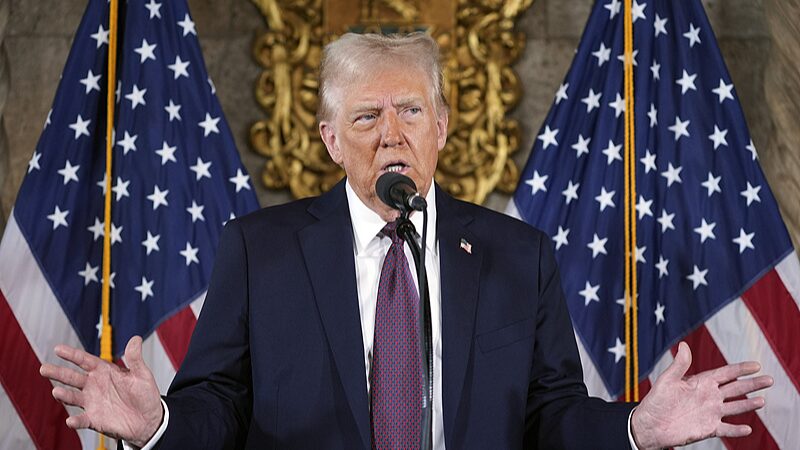The United States has once again weaponized its tariff policy, imposing new trade barriers in an attempt to protect domestic industries. However, these tariffs are likely to backfire, creating a boomerang effect that could harm the very economy they aim to protect.
With trade costs rising, businesses across the country are facing escalating expenses. Importing essential goods and raw materials has become more expensive, and these increased costs are beginning to trickle down to consumers. American households may soon find themselves paying more for everyday items, from groceries to electronics.
Higher prices on goods contribute directly to inflation, reducing the purchasing power of consumers. As inflation escalates, it can undermine economic growth, leading to a slowdown that affects both businesses and employees. Small businesses, in particular, may struggle to absorb the added costs, potentially leading to reductions in workforce or closures.
Economists warn that the boomerang effect of tariffs is no joke. While intended to bolster domestic production, such policies can lead to unintended consequences that ripple throughout the economy. By increasing the cost of imports, tariffs can disrupt supply chains and make domestically produced goods less competitive on the global market.
As the trade tensions continue, there is growing concern among business leaders and consumers alike. Many are calling for a reevaluation of tariff policies to prevent further economic strain. The hope is that by addressing these issues promptly, the United States can avoid the damaging effects of rising inflation and support sustainable economic growth.
Reference(s):
cgtn.com
